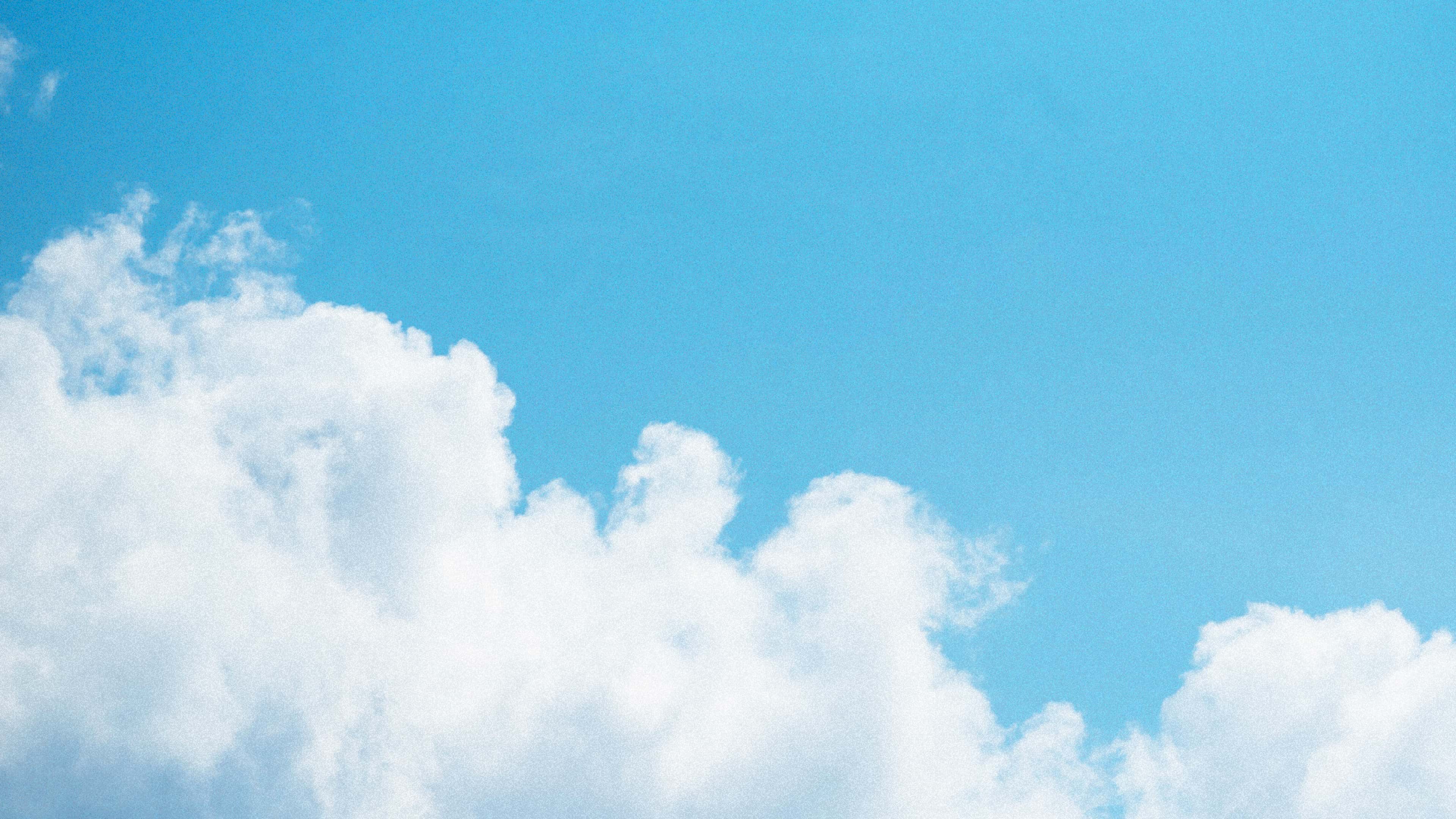Solo Podcast
A podcast format where the host is the only speaker, without any guests or co-hosts.
What is a solo podcast in podcasting?
A solo podcast in podcasting is a type of podcast that is typically hosted by a single individual. The host is responsible for all aspects of the podcast, including content creation, recording, editing, and publishing. This format allows the host to delve deeply into their chosen topic, sharing their expertise, insights, and personal experiences with their audience.
Solo podcasts can cover a wide range of topics, from business and education to entertainment and personal development. The format is particularly popular among experts and thought leaders who want to share their knowledge with a wider audience. Despite the lack of guest speakers or co-hosts, solo podcasts can be highly engaging and informative, offering listeners a deep dive into the host's unique perspective on their chosen topic.
How much does it cost to start a solo podcast?
Starting a solo podcast can be relatively inexpensive, especially if you're willing to start with basic equipment and software. The primary costs include a good quality microphone, which can range from $50 to $200, headphones, which can cost around $100, and a pop filter, which can be around $20. You may also need a microphone stand or boom arm, which can cost between $10 and $100.
In addition to the equipment, you'll also need to consider the cost of podcast hosting. This can range from free to around $50 per month, depending on the platform and the amount of storage you need. You may also want to invest in editing software, which can range from free to several hundred dollars. Other potential costs include website hosting if you want a dedicated site for your podcast, and marketing or advertising costs if you choose to promote your podcast. Overall, you could start a basic solo podcast for as little as $200, but costs could go up to $1000 or more if you opt for higher-end equipment and services.
How to start a solo podcast in podcasting?
Starting a solo podcast in podcasting requires careful planning and preparation. First, you need to decide on a topic or theme for your podcast that you are passionate about. This could be anything from business, health, lifestyle, or even a personal hobby. Once you have a topic, you need to plan your content. This includes deciding on the format of your podcast, the length of each episode, and how often you will release new episodes. You should also consider your target audience and what they would find interesting or valuable.
Next, you need to invest in the right equipment. A good quality microphone is essential for clear audio. You will also need headphones, a pop filter, and a soundproof room or area to record in. Additionally, you will need editing software to edit your recordings and hosting platform to publish your podcast. Once you have all these in place, you can start recording your first episode. Remember, consistency is key in podcasting. Make sure you stick to your schedule and always aim to improve the quality of your content. Lastly, promote your podcast on social media and other platforms to reach a wider audience.
What are the benefits of a solo podcast in podcasting?
A solo podcast in podcasting offers several benefits. Firstly, it provides complete creative control to the podcaster. They can choose the topics, the format, the length, and the frequency of the episodes according to their preference. They can experiment with different styles and approaches without having to consider the opinions or preferences of a co-host. This can lead to a more authentic and personal connection with the audience, as the podcaster's unique voice and perspective are the main focus of the show.
Secondly, a solo podcast is logistically simpler to manage. The podcaster does not have to coordinate schedules with a co-host or guests, which can be particularly beneficial if they have a busy or unpredictable schedule. They can record episodes whenever it suits them, and they have the flexibility to adjust the production timeline as needed. Additionally, a solo podcast can be less expensive to produce, as there are fewer people involved in the production process. This can make it a more accessible option for individuals who are new to podcasting or who have a limited budget.
If you also work with videos...
You should try Tella.tv - your all-in-one screen recorder, to create launch videos, product demos, social media videos, 1:1s for customers, and more!
Tella isn't just a screen recorder. It combines the simplicity of Loom with the creativity of Canva to create great looking videos with no effort.
With Tella, you can record your screen and/or camera, combine separate clips and quickly remove mistakes, apply beautiful backgrounds, change the camera layout, add zoom effects - almost instantly.
Try Tella today!
Screen recording for creators — simple and powerful.
7-day free trial — no credit card required

